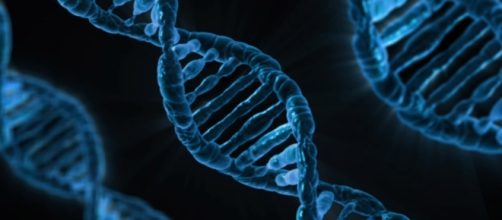It may seem Sci-fi to you yet, but the future is coming soon; and according to science, it looks genetically-disease free. Scientists have been studying Genetic Modification and gene therapy for years now, hoping to prevent or, when impossible, help cure genetic diseases and the siblings generated as a possible cure for an older child’s disease. Recently, a groundbreaking discovery has been done: the idea of manipulating human DNA in an embryo DNA, before fecundation happens, with great stability and no cellular anomalies – making more complex processes to occur.
Here's what we know:
Elimination
The idea is that the CRISPR-Cas9, created by combining a guided molecule of RNA (the component called Crispr) which is a guide molecule made of RNA, allowing to reach the very specific site on the double helix DNA. This produced molecule is attached to the Cas9, a bacterial enzyme that functions as restriction enzymes, working as a pair of "molecular scissors" and then being able to precisely alter the DNA sequence. This comes as a great news for the future: by cutting and pasting DNA it will be possible to eliminate grave congenital conditions, such as cardiac disease (in the study the main focus is hypertrophic cardiomyopathy – in synthesis makes the heart to grow enlarged and results on a cardiac insufficiency and severe health quality loss), with need of transplant.
The possibilities
The first tests made on embryos have proved efficient results on 72% success on the animals tested – they were genetically-free of disease. Although a big victory for science, some concerns over DNA manipulation remain uncertain, like the impact of these changes on future generations and the impossibility of human testing, forbidden in several countries, such as the US and UK.
So, a thing is sure: we may still be very far from conclusive results and significant changes, but we’re definitively one step closer than we were yesterday.
Faith versus science
Science has been always in a clash with the Church for the line between good and bad. Where do we draw the line? Is the cause greater than the risk?
The Church had been vocal about their protests on playing god by altering DNA and testing on animal embryos. Meanwhile, scientists argued that science pursues learning. Several claims have been received that the world is dying and plagued by deadly diseases and this discovery could mean a revolution towards a cleansed world. Is this worth the risk? Is this worth our souls? Well, let's all ponder on that.


